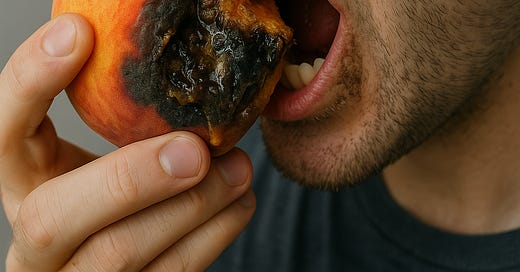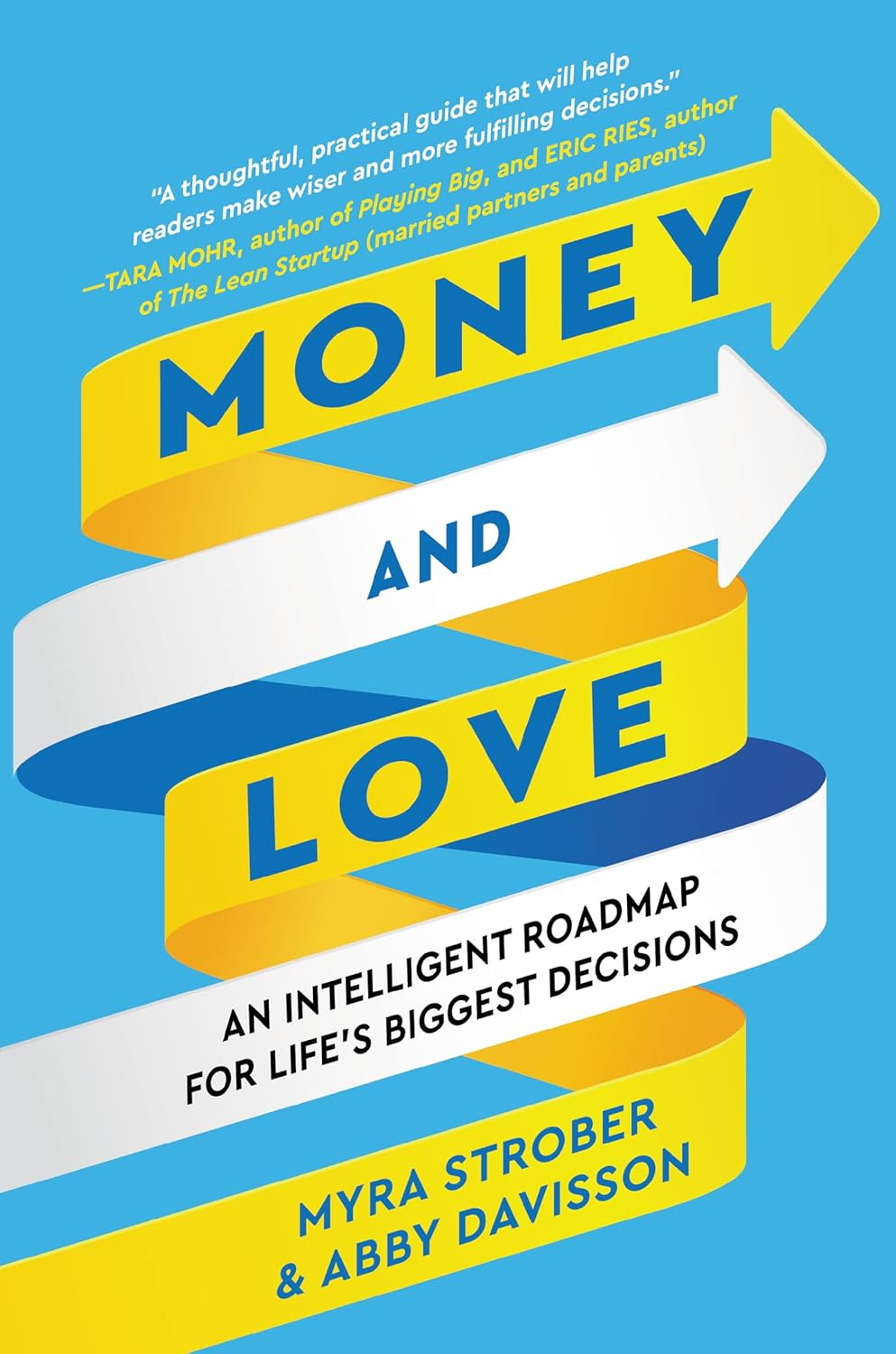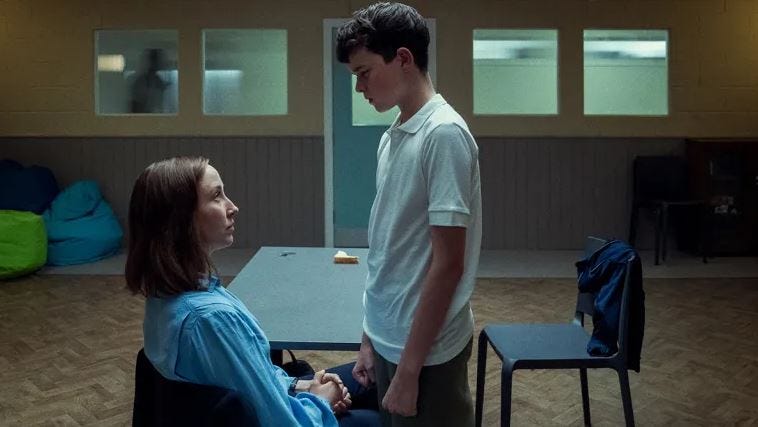Chasing the Peach Dragon: The Curse of the Peak Experience
New Thoughts on Positive Experiences
Welcome to Provoked - your one-stop source for insights on Purpose, Happiness, Friendship, Romance, Narcissism, Creativity, Curiosity, and Mental Fortitude! Support the mission (here) and get these benefits:
You ever bite into a piece of fruit so absurdly perfect that it resets the bar for the rest of your life? That one impossible peach, the one so juicy and sweet it felt like a religious experience. The skin split just right, the nectar ran down your wrist, and for a moment, you thought, This. This is what life is about.
And then? Ruin. Every peach since has been a disappointment. You buy the same variety, from the same store, at the same time of year. But it’s never quite right. Too firm, too mealy, too bland. You’re not even eating peaches anymore—you’re conducting a doomed resurrection ritual, trying to summon back the ghost of a fruit that changed your life.
This is what peak experiences do to the brain. They burn a gold-plated standard into your neural pathways, and then everything else becomes a sad, plastic knockoff.
The Peak That Broke You
It’s not just fruit. The same thing happens with sex. That one night where the chemistry was molten, the rhythm was perfect, and you both somehow turned into Cirque du Soleil acrobats without discussing it. Good luck having regular, mortal sex after that.
Or storytelling. That one date where the other person hit you with the exact joke that mapped onto your brand of sick humor. The kind of joke that was so perfectly inappropriate, so tailored to your twisted sensibilities, you nearly fell out of your chair laughing. And now? Every joke since has been a sad attempt to replicate that lightning strike.
Or the best conversation of your life—the one where you felt seen, where your words hit like poetry, where the timing was crisp and the silences felt profound instead of awkward. Now, every other chat feels like dragging a dead fish across the floor.
We talk about "the best" as if it’s a goal, something to aspire to. But the best isn’t a destination; it’s a trap. It makes you a connoisseur of disappointment.
Comparison is the Mind-Killer
Your brain is rigged against you. It doesn’t remember averages; it remembers highlights (source). A dozen good-but-not-great meals blur together. One transcendent dish etches itself into your soul.
This is why relationships implode. Why people walk away from good enough because they once tasted perfect. They weren’t even in love with a person; they were in love with the memory of a peak moment.
This is why people keep gambling, keep taking drugs, keep chasing whatever gave them that one perfect high. It’s not addiction—it’s the memory of a peak, and the insatiable, gnawing belief that it must be repeatable.
This is why vacations go from joyous to stressful. You had one perfect trip, so now you’re out here curating an itinerary like a war general, trying to force your next experience into submission.
We’re not built for sustained perfection. But we are built to crave it (source)1. That’s the problem.
How to Escape the Peak Trap
You won’t. Not entirely. But here’s what helps:
Realize the peak was a fluke. That peach? The exact right ripeness, the exact right moment of hunger, the exact right temperature of the day. You can’t manufacture that. Let it be what it was.
Stop comparing across time. Today’s joke, today’s meal, today’s date—none of them owe you a resemblance to something from five years ago. Comparison turns good things into disappointments.
Reframe what makes something “best.” What if the best conversation isn’t the deepest but the most surprising? What if the best kiss isn’t the hottest but the one that came out of nowhere? Switch the criteria and new peaks become possible.
Learn to love the gradient. A 7/10 experience every day is a better life than a 10/10 once and then nothing but disappointment. Normalize good-but-not-transcendent.
Or don’t. Keep chasing the peach dragon. Just know that the more you chase it, the more regular peaches start tasting like cardboard.
For more advice on escaping the peak trap and other mental and emotional blunders in trying to master life, do read this beloved book by a friend of mine,
- who I will be interviewing real soon. Do pick up her co-authored book, Money and Love: An Intelligent Roadmap for Life's Biggest Decisions - hereHow You Can Support the Provoked Newsletter:
Like, Restack, and Share - Post it on social media and send it to friends. My fragile ego appreciates every 💖. And it helps give the post a boost.
Comment - I will respond.
Upgrade to Paid - benefits include access to the premium content library, posting comments, and being part of the growing community on monthly virtual calls and in the chat room.
Todd B. Kashdan is the author of several books including The Upside of Your Dark Side (Penguin) and The Art of Insubordination: How to Dissent and Defy Effectively (Avery/Penguin) and Professor of Psychology and Founder of The Well-Being Laboratory at George Mason University.
Read Past Issues Here Including:
Honor: An Outdated Virtue
Welcome to Provoked - your one-stop source for insights on Purpose, Happiness, Friendship, Romance, Narcissism, Creativity, Curiosity, and Mental Fortitude! Support the mission (here) and get these benefits:
I know people rarely read my footnotes. Makes sense - I am not in the same stratosphere as David Foster Wallace, the footnote master. But do read this article on Elaborated Intrusion Theory on how we cannot get potential pleasures out of our heads.






Fun take on the curse of the shifting baseline. On peaches and other fruit specifically, people say that the tastiest varieties don’t keep or ship well, so the supermarkets order the lines that have been bred to withstand long journeys. Maybe growing your own is the way to achieve the dizzy heights for flavour junkies..
I once had the perfect peach in Barcelona. I've never been able to replicate it and had to stop trying because it was ruining my love for peaches.
It's a great reminder of enjoying what you have and appreciating the gradient (except for the really gross things).